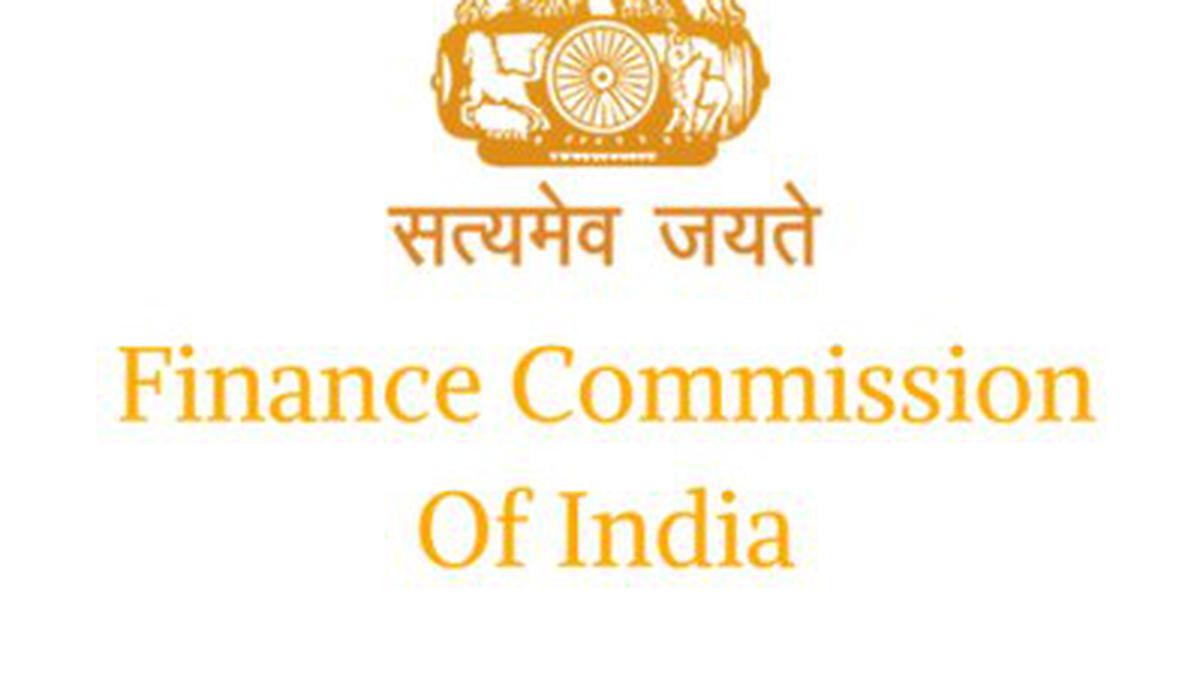
Sixteenth Finance Commission will be constituted in November
The Hindu
The Finance Commission, which is tasked with recommending the distribution ratio of revenues between States, along with other terms of reference that the Centre proposes, is to be formed every five years according to Article 280 of the Constitution.
The Union government is gearing up to constitute the Sixteenth Finance Commission in November this year to recommend the formula for sharing revenues between the Centre and the States for the five-year period beginning 2026-27, a top government official has confirmed to The Hindu.
The critical fiscal panel, which is also tasked with recommending the distribution ratio of revenues between States, along with other terms of reference that the Centre proposes, is to be formed every five years according to Article 280 of the Constitution. However, the Fifteenth Finance Commission, which was headed by N.K. Singh, had been given an extended mandate to make recommendations for six years, up till 2025-26.
“Since the last Commission was set up in November 2017, we are eyeing the same month this year to constitute the Sixteenth Commission. That should give the panel enough time to ready its report by around October 2025,” the official said.
The government is bound to consider the Commission’s suggestions and submit an action taken report that conveys its stance on those ideas, along with the first Union Budget of the five-year period. That will be the Budget of 2026-27, likely to be presented on February 2, 2026 as February 1 falls on a Sunday that year.
The last time the Constitutional body was given a six-year mandate was for the Ninth Finance Commission formed in June 1987. But the Tenth Finance Commission was still constituted in June 1992 within the five-year deadline specified by the Constitution.
The official who will be involved in the notification process of the Commission said that the Centre is yet to make up its mind on the terms of reference that may be prescribed for it.
The Fifteenth Finance Commission was handed some contentious tasks, such as determining whether a separate mechanism was warranted for funding defence and internal security spends. It was also asked to rely on Census 2011 data for its recommendations, which had caused concern among some States that had done better on health and population management vis-à-vis other peers.

The Union Budget unveiled on February 1, 2025, has come at a time of unprecedented global uncertainty and a flagging domestic economy. The real GDP growth is estimated at 6.4% for 2024-25 and between 6.3-6.8% for 2025-26, a far cry from >8 percent growth required annually to make India a developed nation by 2047. While much attention has been devoted to the demand stimulus through income tax cuts, not enough is said about the proposed reforms in urban development, tariff rationalisation, and regulatory simplification aimed at making Indian cities and corporates more competitive. Since the majority of economic activity is located in cities (urban areas account for ~55% of GDP) and produced by large corporates (~40% of the national output and 55% of India’s exports), the above-mentioned reforms have a pivotal role in improving India’s trend growth rate. Below we unpack each reform.












